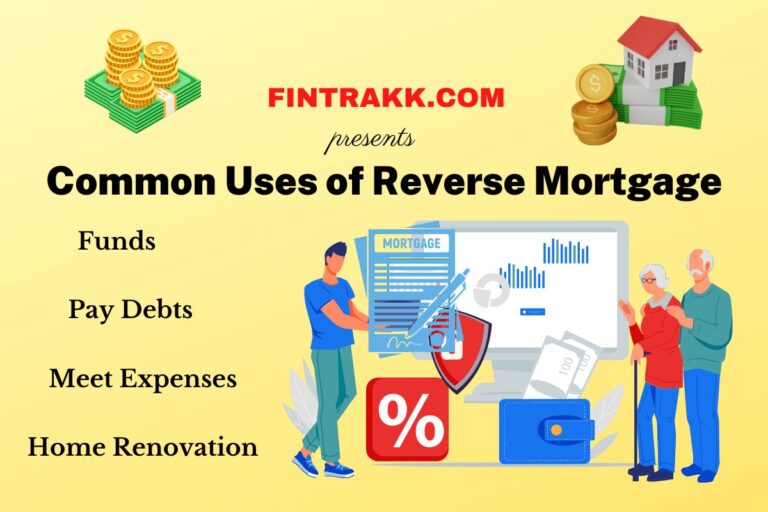Real estate may appear daunting at first glance, yet you can make significant returns through investing in it. While this venture requires significant initial capital outlay, finding suitable real estate funding should never be an obstacle when expanding or purchasing commercial properties.
In this article, we’ll examine various financing options available to entrepreneurs and business owners – it would be wonderful if all that property were yours, but first you must make an informed decision that fits in with your financial goals! So here we go!
1. Recourse Loans
Recourse loans are an alternative form of real estate financing in which the borrower personally liable for repaying their debt to the lender. Should default occur, recourse loans could allow creditors to go after personal assets of the borrower as collateral for repayment of the loan amount owed. Though recourse loans usually offer lower interest rates and more favorable terms than their traditional counterparts, they do carry with them greater levels of risk for both parties involved.
Pros: Lower interest rates. Easier qualification process for those with strong credit. Cons:
Personal liability in case of default and potential risk to personal assets.
2. Non-Recourse Commercial Loans
Non-recourse loans can be an attractive choice for those who want to limit personal liability when taking out commercial real estate investments. Lenders in this form of financing will only seize property upon defaulting, while they cannot usually pursue personal assets as collateral for this loan type. Non-recourse loans tend to be used more commonly than their counterparts for investments such as leasing office space or apartment buildings.
Pros:
Limited personal liability. Ideal for commercial real estate projects. Cons: Stricter lending criteria and potentially higher interest rates.
Do You Enjoy Reading About the Way to Develop a Personal Trading Style and Approach?
3. Adjustable Rate Mortgages (ARMs) Adjustable rate mortgages (ARMs) are another financing solution available to residential properties, particularly when purchasing their primary residence. ARM loans start with a fixed interest rate for an initial period, then gradually adjust over time based on market conditions; though ARMs often feature lower initial rates than fixed-rate loans do; their risk lies in increasing monthly costs over time.









+ There are no comments
Add yours